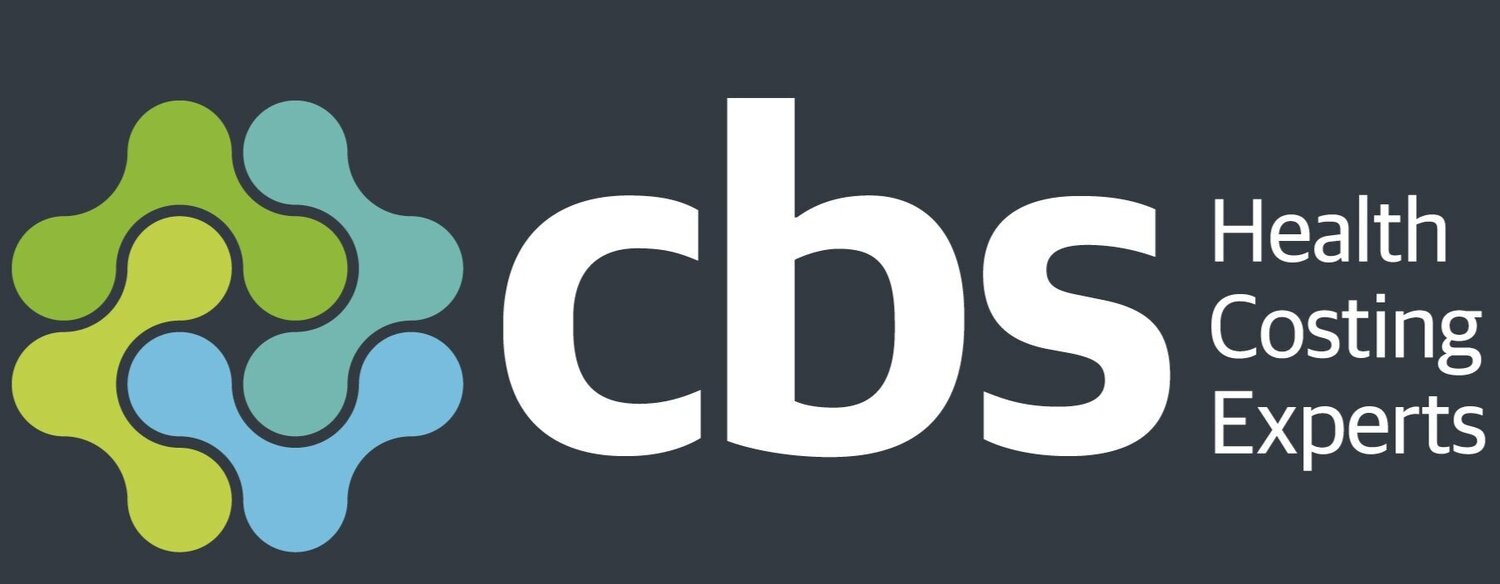Modern Slavery Policy
Protecting those who can’t protect themselves
October 2022
Modern slavery is a crime and a violation of fundamental human rights. It takes various forms, such as slavery, servitude, forced and compulsory labour and human trafficking, all of which have in common the deprivation of a person’s liberty by another in order to exploit them for personal or commercial gain.
CBSNZ Holdings Ltd and its subsidiaries (the Company) is committed to limiting the risk of modern slavery occurring within its own business, infiltrating its supply chains or through any other business relationship.
The Company expects all who have, or seek to have, a business relationship with the Company to familiarise themselves with this policy and to act in a way that is consistent with its core values.
Policy Statement
We are committed to acting ethically and with integrity in our business dealings and relationships and are committed to preventing modern slavery in our own business and to helping prevent modern slavery in our supply chains.
We are also committed to ensuring there is transparency in our own business and in our approach to tackling modern slavery. In line with modern slavery legislation in the countries we operated in, we are outlining the steps we take to tackle modern slavery. We expect the same high standards from all our employees and suppliers.
This policy applies to all persons working for us or on our behalf in any capacity, including employees at all levels, directors, contractors, consultants and any other third-party representative.
Definitions of Criminal Activities – All forms of criminal activities as defined in modern slavery legislation, are prohibited at the Company. These include:
Slavery: where ownership is exercised over an individual
Servitude: involves the obligation to provide service imposed by coercion
Forced and compulsory labour: all work or service, not voluntarily performed, which is obtained from an individual under the threat of force or penalty
Human trafficking: involves arranging or facilitating the travel of another with a view to exploiting them
Child labour: involves the employment of children that is exploitative or is likely to be hazardous to or interfere with a child’s education, health (including mental health), physical wellbeing or social development
Responsibility
The Directors have overall responsibility for ensuring this policy complies with the Company’s legal and ethical obligations and that all those under our control comply with it.
The Management team have primary and day-to-day responsibility for implementing this policy, monitoring its use and effectiveness, dealing with any queries regarding the policy and auditing internal procedures.
Management at all levels are responsible for ensuring those reporting to them understand and comply with this policy.
Compliance
The prevention, detection and reporting of modern slavery in any part of our business or supply chains is the responsibility of all those working for us or under our control. Any activity that might lead to, or suggest, a breach of this policy must be avoided.
Where appropriate, the Company will engage directly with suppliers in respect of this policy in order to gain a proper understanding of the measures they have in place to ensure that modern slavery is not occurring within their own businesses.
Employees must notify a manager (or a main point of contact, if a supplier) as soon as possible if it is believed or suspected that a breach of this policy has occurred or may occur in the future.
All parties are encouraged to raise concerns about any issue or suspicion of modern slavery in any parts of our business, or supply chains or any supplier tier, at the earliest possible stage.
If unsure about whether a particular act, the treatment of workers more generally, or their working conditions within any tier of our supply chain constitute any of the various forms of modern slavery, employees should raise this with a manager (or your main point of contact, if a supplier).
The Company aims to encourage openness and will support anyone who raises genuine concerns in good faith under this policy, even if they turn out to be mistaken. The Company is committed to ensuring no one suffers any detrimental treatment by the Company as a result of reporting in good faith their suspicion that modern slavery of whatever form is or may be taking place in any part of our own business or in any of our supply chains. Detrimental treatment includes dismissal, disciplinary action, threats or other unfavourable treatment connected with raising a concern.
If any parties believe that they have suffered any such treatment, they should inform the Chief Executive Officer immediately. If the matter is not remedied, employees should raise it formally through the Company’s grievance procedure.
Communication and Awareness
Guidance on this policy forms part of the induction process for all employees and is included in our Standard Policy Manual and provided otherwise as necessary.
We are committed to continuous improvement so that our processes and interventions remain effective in preventing and remediating modern slavery.
Breaches of this Policy
Any employee who breaches this policy will face disciplinary action, which could result in dismissal for misconduct or gross misconduct.
We may terminate our relationship with other individuals and organisations working for us or on our behalf (including suppliers) if they breach this policy.
References
Australia Modern Slavery Act 2018: https://www.legislation.gov.au/Details/C2018A00153
UAE Human Trafficking Act 2015: https://acrobat.adobe.com/link/track?uri=urn%3Aaaid%3Ascds%3AUS%3Af9414551-7bc4-47c5-a4ee-5d11b22ce1f2#pageNum=1
